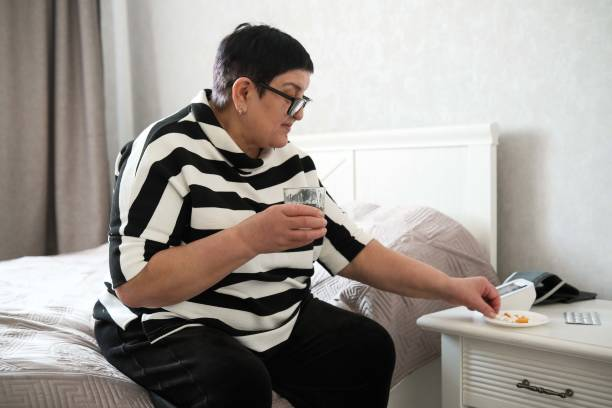Correction: This story has been updated to reflect a 64% reduction in risk of long COVID. The story previously misstated the percentage.
A large UK target trial emulation analysis of data from the COVID-OUT trial suggests that early use of the type 2 diabetes drug metformin reduces the risk of long COVID by 64% at 1 year post-infection among overweight or obese adults.
The study was conducted by University College London researchers based on data from a 2023 randomized phase 3 trial led by University of Minnesota investigators. That trial concluded that 14-day outpatient metformin treatment lowered the risk of persistent COVID-19 symptoms at 10 months by 63% in overweight or obese patients aged 30 to 85 years when given within 3 days of symptom onset.
For the current study, the team mined primary-care data from the UK's Clinical Practice Research Datalink Aurum on 624,308 patients infected with SARS-CoV-2 from March 2020 to July 2023. In total, 2,976 patients with an average age of 50 years started metformin within 3 months after COVID-19 diagnosis. Patients were allowed to continue to take metformin throughout the study period.
"Beyond its glucose-lowering effects, metformin has anti-inflammatory properties," the study authors wrote. "These properties contribute to its protective effects against conditions such as cardiovascular disease, chronic kidney disease, and polycystic ovary syndrome."
The results were published yesterday in Clinical Infectious Diseases.
Results may not apply to those with healthy BMI
The estimated observational analog of the intention-to-treat risk difference (RD) for long COVID at 1 year was -12.58% (hazard ratio [HR], 0.36). Per-protocol estimates for long COVID were similar (RD, -12.74%; HR, 0.36).
A subgroup analysis found that the effects were consistent regardless of age, body mass index (BMI), sex, diabetes status, and dominant SARS-CoV-2 variant at COVID-19 diagnosis.
These findings emphasize the role of using metformin in early COVID-19 treatment plans for overweight/obesity individuals to help lower the risk of developing PCC.
Sensitivity analyses showed that the findings of the complete case analysis were consistent with those of the main analysis (HR, 0.35). In addition, the negative-control outcome analysis, which used cancer events occurring 90 to 365 days after COVID-19 diagnosis, generated an HR of 1.13, which the researchers said further supports the robustness of their results. Replication of the analysis using a traditional cohort design yielded an HR of 0.34.
"The absolute RD ranged from -11.25% to -13.30%, indicating a substantial reduction in PCC [post-COVID condition] risk," they wrote. "These findings emphasize the role of using metformin in early COVID-19 treatment plans for overweight/obesity individuals to help lower the risk of developing PCC."
The authors cautioned that the findings may not apply to people with a healthy BMI. "Further randomized controlled trials are needed to confirm the causal relationship between metformin use and its efficacy in treating PCC in overweight/obesity individuals," they concluded.



















